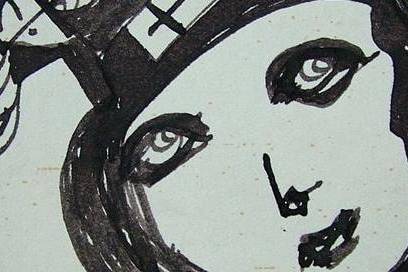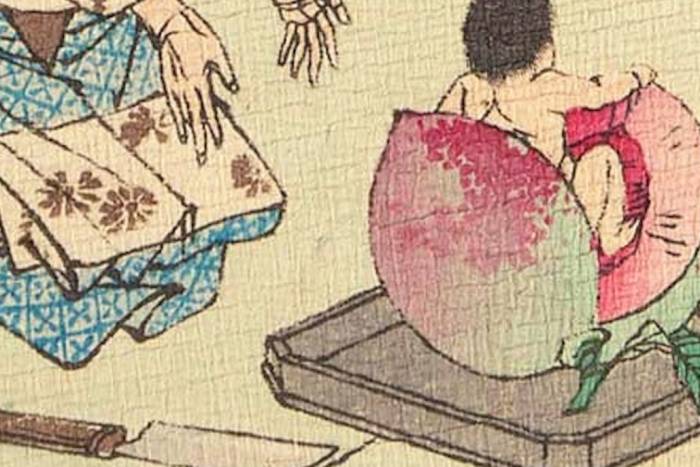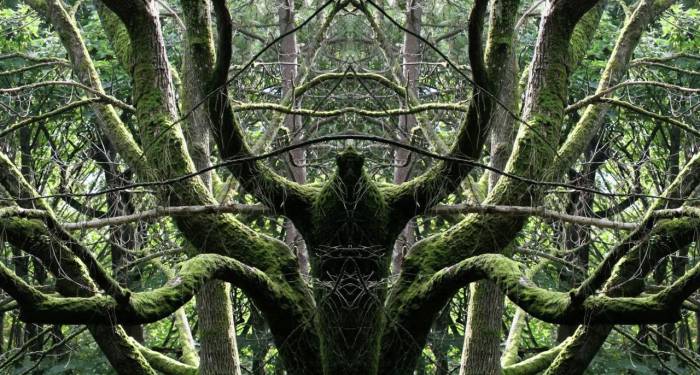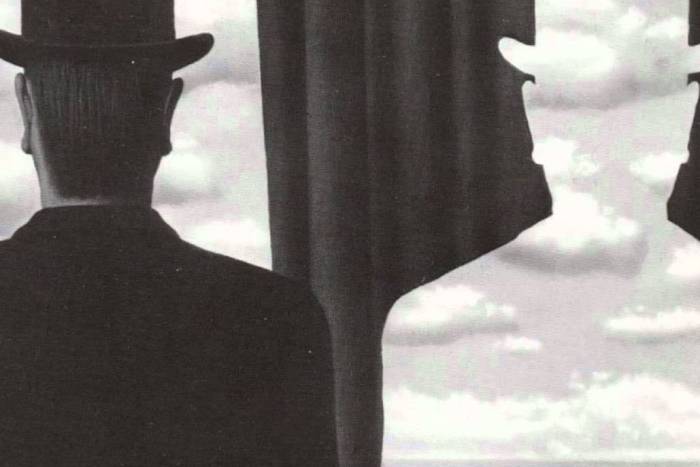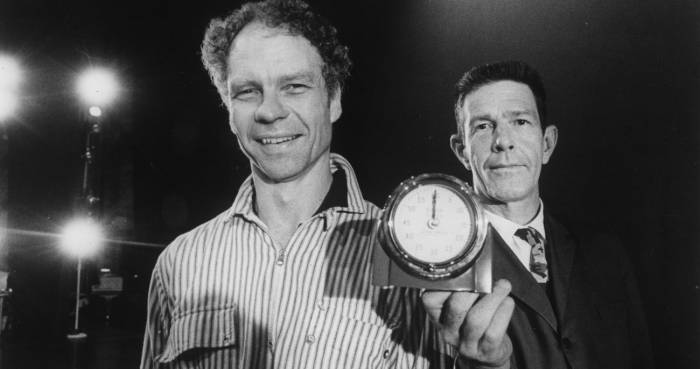Ikigai, or the Art of Finding One’s Purpose in Life
Finding one’s place in the world and determining what will wake us up in the morning may be anyone’s most transcendental quest.
Few things are more difficult to find than a justification for one’s existence in the universe. One of humankind’s most essential explorations, such a search also has a more intimate dimension, and this implies the personal search that’s presented to everyone at some point in their lives. In Japan, a term describes this path, the search for the meaning in one’s life. It’s called ikigai. A review of the concept and its meaning may provide simple but essential information to better understand our own transits through the world.
Japanese words, often untranslatable, shine for their meticulousness and for their ability to describe deeply specific things, ideas, or sensations (examples are the 50 Japanese words for rain). The word ikigai results from a combination of two concepts: iki which means “life” and gai which, broadly speaking, might be translated as “value.” By its own turn, gai (in a voice from the Heian period in Japanese classical history) derives from the word kai, meaning “shell,” and recalling the marine objects then so highly prized.
An idea like “the value of a life” might sound, at first, both grandiloquent and difficult to assimilate. But in Japanese, what we call “life” (a term which encompasses both the time we spend literally alive, and that which we call “everyday life”) is described by two very different terms: jinsei, meaning “life,” and seikatsu, which refers to “daily life.” The concept of ikigai refers specifically to seikatsu, and this may help us both to better place the concept and to understand it as that which gives meaning to our everyday lives. Understood this way, ikigai could be a hobby, a job or, for example, the task of raising a child. In Japan, the term refers, then, to the sum of small pleasures (those of which Hermann Hesse once wrote so lucidly) and which, together, give meaning to our lives.
Those who’ve explored the concept in the West, have taken it to a more practical place, relating it to the work we do and how that may or may not be a source of personal satisfaction. This is why this concept has been used profusely by businesses and in educational courses for the employees of large corporations. For the Japanese, ikigai doesn’t necessarily concern the way we earn a living. For Westerners, the concept has come to be defined as the act of finding a job which gives meaning to our lives, at the intersection of what one loves and what one knows how to do, also a job that is the source of one’s income. The diagram below makes clear how ikigai has been translated on this side of the world.
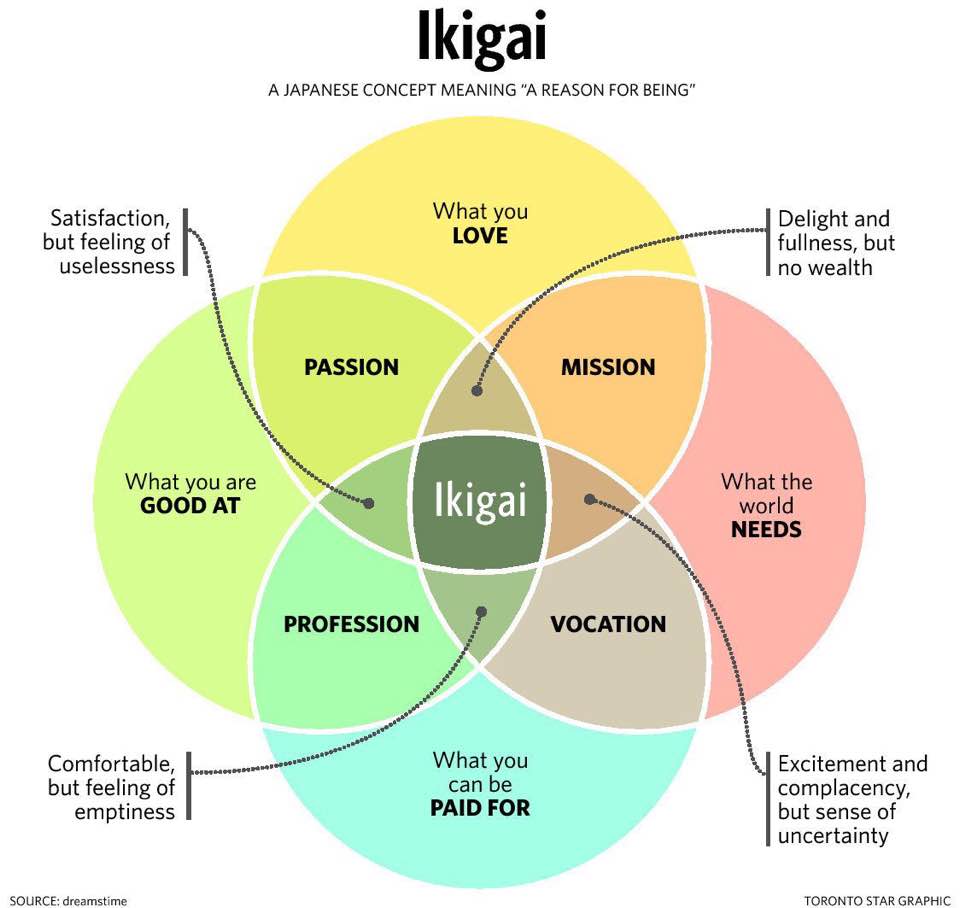
For other scholars of the concept, such as the National Geographic writer and explorer Dan Buettner, ikigai is a source of longevity. In a Ted Talk on the world’s Blue Zones – places where the numbers of centenarians are most highly concentrated – Buettner states that one reason residents of the Japanese island of Okinawa live longer (an average age of 87 years in women and 81 years in men), beyond their healthy eating habits, is that their ikigai is very clear. The elderly feel a duty to share their wisdom with younger generations. This responsibility is their reason to live, transcending a person’s importance and resulting in a generous act which gives them the strength to get up every morning.
Finding the value in one’s life involves a deeply personal, courageous process. It’s an exploration that may take a long time and which may even constitute the highest search toward which a person might aspire. Thus, the concept of ikigai (whether by the definition of the East or the West) invites us to look for what we love and to not let it go (a bit of advice once spoken of by the mythologist Joseph Campbell). Perhaps finding the value in what we do as something transcendent can only ever result in a fuller life, and (then maybe even) in a longer one, too.
Related Articles
Pictorial spiritism (a woman's drawings guided by a spirit)
There are numerous examples in the history of self-taught artists which suggest an interrogation of that which we take for granted within the universe of art. Such was the case with figures like
Astounding fairytale illustrations from Japan
Fairy tales tribal stories— are more than childish tales. Such fictions, the characters of which inhabit our earliest memories, aren’t just literary works with an aesthetic and pleasant purpose. They
A cinematic poem and an ode to water: its rhythms, shapes and textures
Here lies One Whose Name was writ in Water. - John Keats Without water the equation of life, at least life as we know it, would be impossible. A growing hypothesis holds that water, including the
Watch beauty unfold through science in this "ode to a flower" (video)
The study of the microscopic is one of the richest, most aesthetic methods of understanding the world. Lucky is the scientist who, upon seeing something beautiful, is able to see all of the tiny
To invent those we love or to see them as they are? Love in two of the movies' favorite scenes
So much has been said already, of “love” that it’s difficult to add anything, much less something new. It’s possible, though, perhaps because even if you try to pass through the sieve of all our
This app allows you to find and preserve ancient typographies
Most people, even those who are far removed from the world of design, are familiar with some type of typography and its ability to transform any text, help out dyslexics or stretch an eight page paper
The secrets of the mind-body connection
For decades medical research has recognized the existence of the placebo effect — in which the assumption that a medication will help produces actual physical improvements. In addition to this, a
The sea as infinite laboratory
Much of our thinking on the shape of the world and the universe derives from the way scientists and artists have approached these topics over time. Our fascination with the mysteries of the
Sharing and collaborating - natural movements of the creative being
We might sometimes think that artistic or creative activity is, in essence, individualistic. The Genesis of Judeo-Christian tradition portrays a God whose decision to create the world is as vehement
John Malkovich becomes David Lynch (and other characters)
John Malkovich and David Lynch are, respectively, the actor and film director who’ve implicitly or explicitly addressed the issues of identity and its porous barriers through numerous projects. Now

